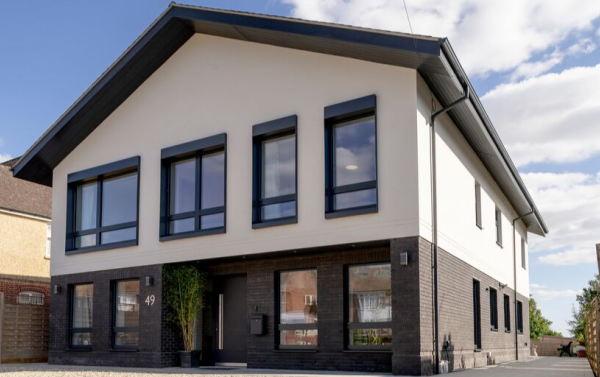How to choose the right supplier for an MVHR system
MVHR is still a relatively new technology in the UK and with so many systems and suppliers out there how do you sift through them to decide who will fit a system in your self-build?
You’ll find vast differences in the quality, performance and functionality of systems. Asking the right questions and being confident enough to approach suppliers to find out more is crucial in getting the best system for your self-build. Here’s a checklist to get you started…
Find out more about why you need an MVHR system here.
1/ Ask your supplier whether they have experience of working on Passivhaus projects
High performing and high quality MVHR systems mostly come with Passivhaus certification. Building modern homes to Passivhaus standards is growing in the UK and a low air leakage rate is a must to meet the standard. Passivhaus is all about using the best insulation technology, using efficient window and doors and effective heat preservation systems. All of this results in a comfortable, low energy building helping to reduce heating costs and emissions to a fraction of current standards. According to the Passivhaus Trust, following Passivhaus standards can help buildings to achieve a 75 per cent reduction in space heating requirements, compared to standard practice for UK new build.
Some suppliers offer a full Passivhaus consultancy and can demonstrate a range of projects they’ve worked on. Ask your supplier if they can put you in touch with their previous clients so you can ask how it worked for them?
2/ How loud is the MVHR system?
You might be concerned that an MVHR system is going to be noisy or create an unwanted hum in your home. You’ll find a range of MVHR models with various duct sizes on the market. The larger duct sizes can help to keep air speeds low, which minimise duct generated noise. You may want to specify primary attenuators (silencers) to reduce noise generated by the MVHR unit fans when talking to a supplier. You could also ask MVHR suppliers if they can provide sound data at each air valve in each room during design stage. It’s worth asking your supplier whether they can provide pressure loss data for the MVHR system so you can rest assured that it is running as efficiently as possible. Again, do ask your supplier if you can speak to their previous clients who can testify to the MVHR system’s quietness in operation.

3/ Do you offer extra support?
Examining and comparing all the technical specifications is a must, but do find out what kind of support a supplier offers during the installation and after. Will an engineer be on hand to answer queries over the phone? Is it possible for them to provide a follow-up visit? Support and maintenance is crucial when selecting your supplier.
4/ Consider the full package
There are plenty of specialist companies that manufacture and supply compliant MVHR systems and they will happily undertake the design work for you. Choosing a supplier to provide the full package, including the installation, could be a cost effective and time-saving solution.

Five ways to maximise natural light in your home
Learn more about the small design changes you can make to let in more natural light
